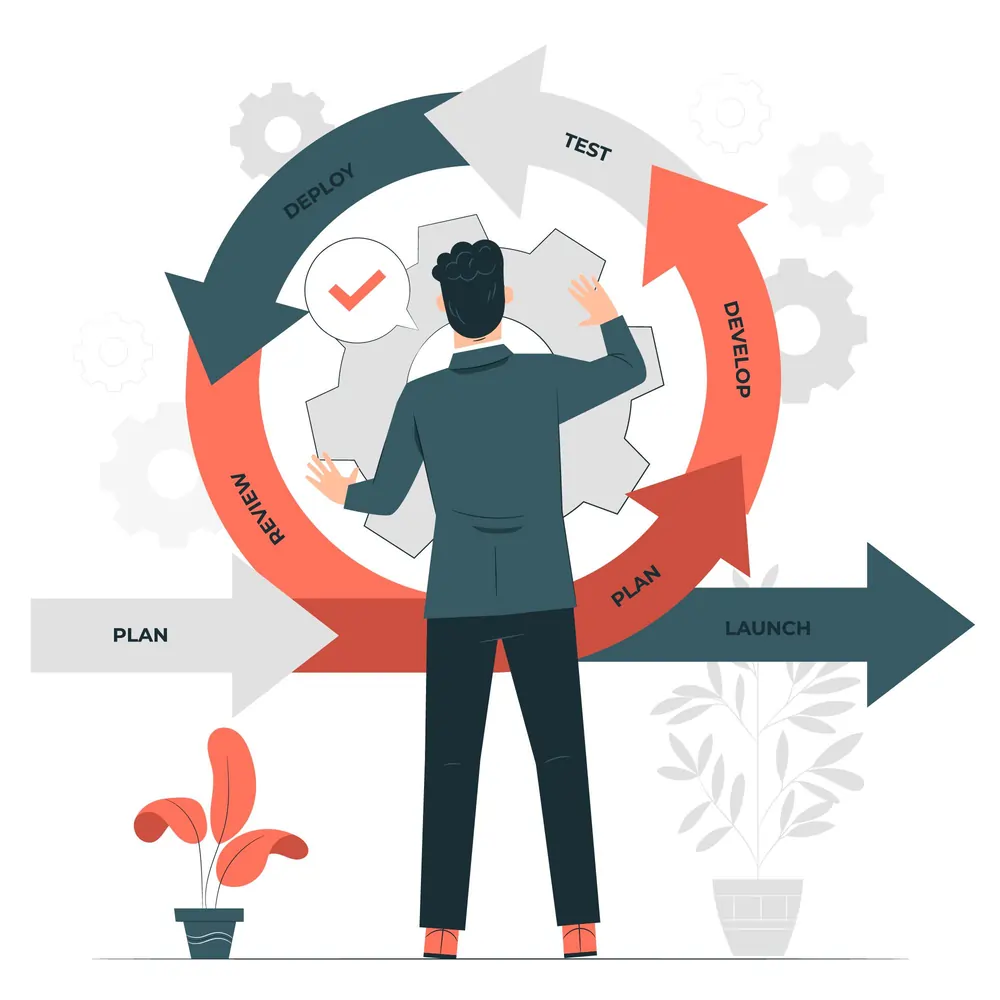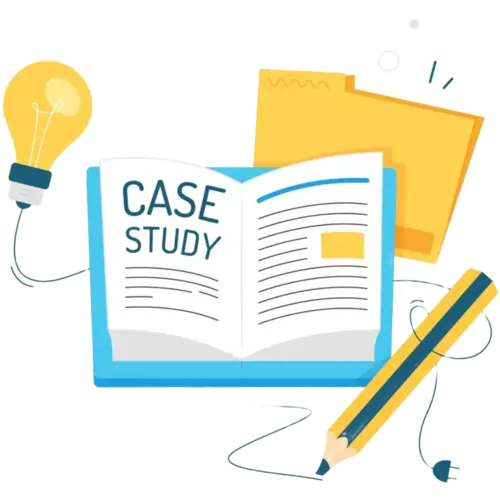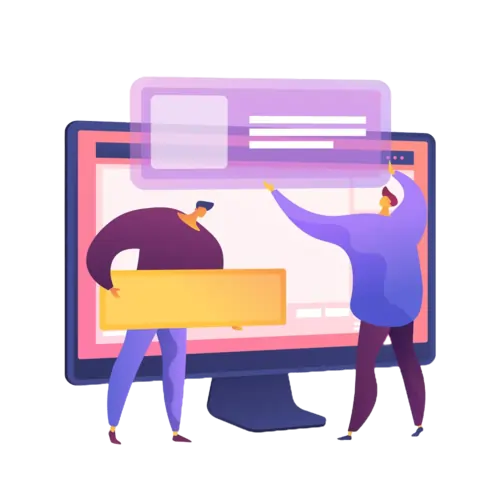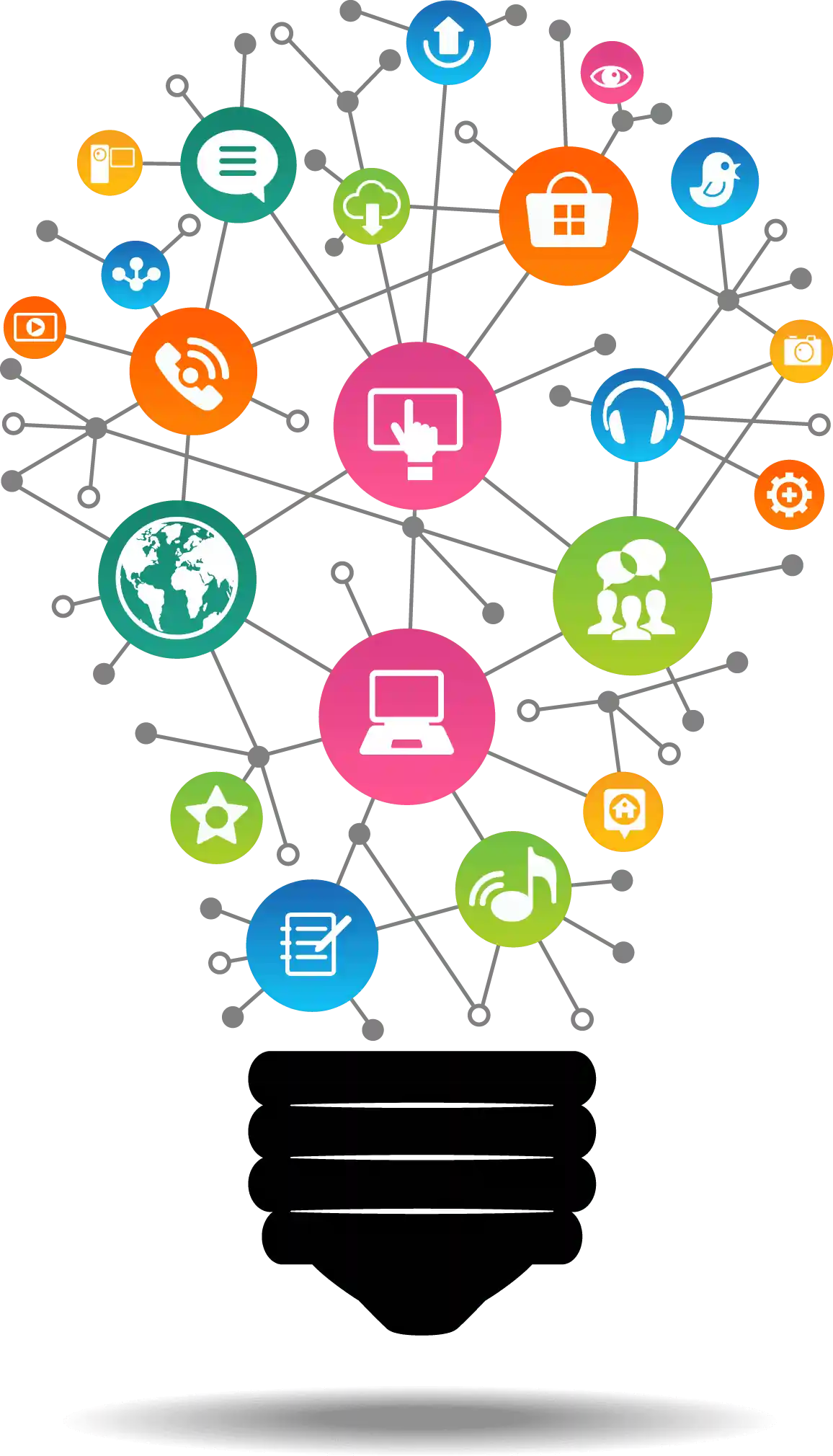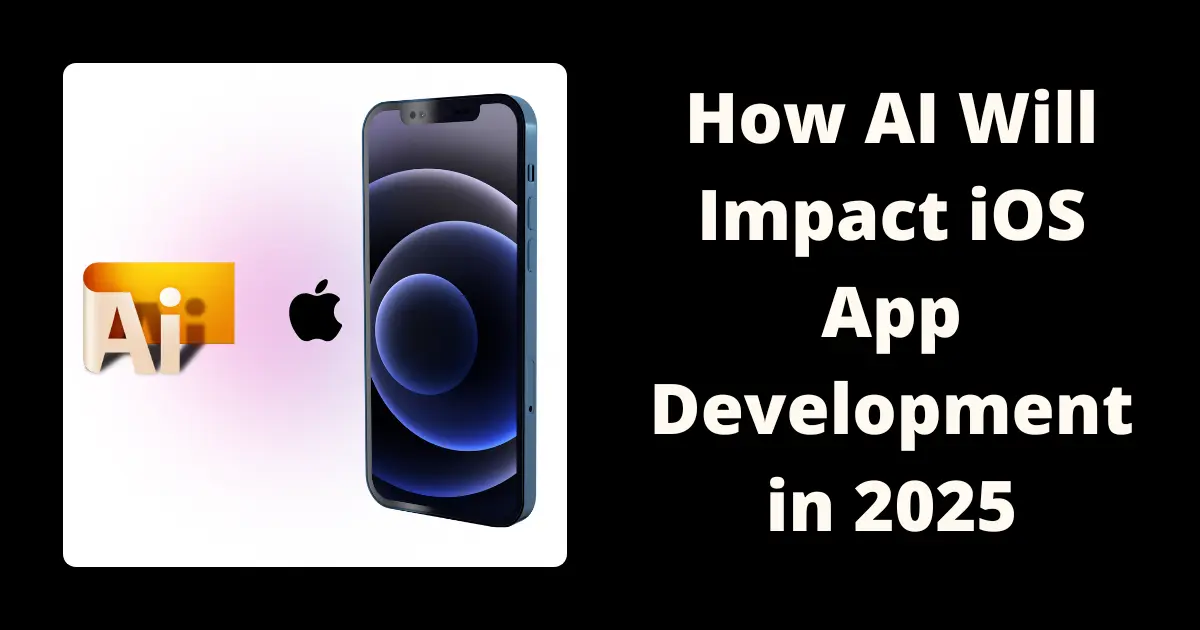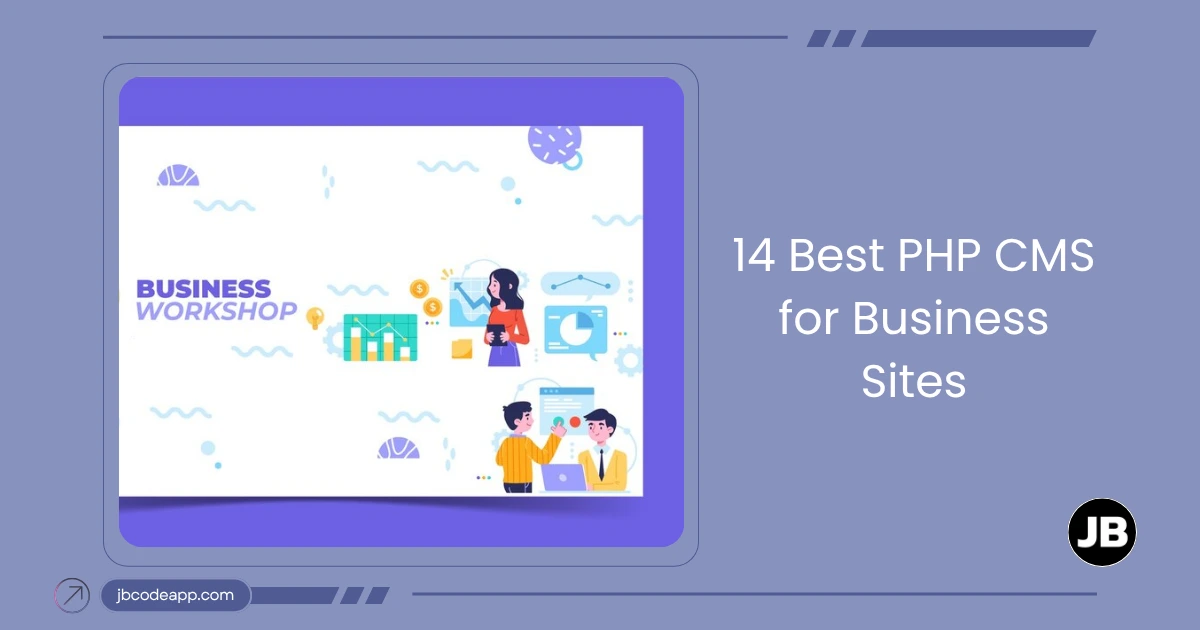Exploring the Future of AI in Recruitment with Trends and Benefits to Know
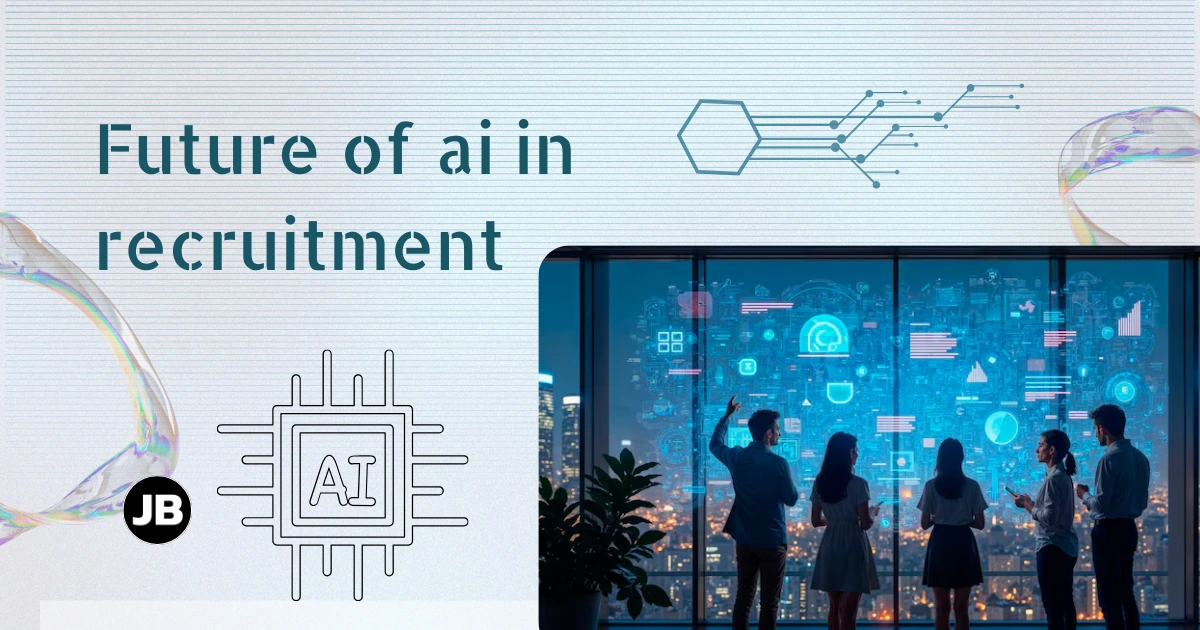
Overview
Recruitment is undergoing a major transformation, and Artificial Intelligence (AI) is leading the way. From smarter hiring decisions to faster candidate matching, AI is reshaping the future of how companies find and hire talent. As companies continue to adapt to digital transformation, adopting AI in recruitment has become essential to staying competitive in 2025 and beyond.
Introduction: Why AI in Recruitment?
Recruiters today handle thousands of applications. AI-powered tools help screen candidates faster, improve decision-making, and remove bias to some extent. AI is not replacing recruiters; it is making them more efficient.
Moreover, AI allows for 24/7 recruiting. Candidates from different time zones can interact with AI chatbots, take assessments, or even attend asynchronous interviews, keeping the pipeline active even when recruiters are offline.
How AI is Changing Recruitment
1. Automated Candidate Sourcing
AI tools can scan multiple platforms like LinkedIn, job boards, and internal databases to bring the best candidates forward automatically.
-
Saves recruiters time from manual search.
-
Matches candidates from global talent pools.
-
Improves sourcing accuracy using data.
2. Smart Screening and Matching

AI-driven platforms parse thousands of resumes and recommend top candidates based on fit-score.
These platforms analyze education, experience, keywords, and behavioral patterns to rank candidates. Recruiters can set filters, and the AI engine learns from past hiring decisions to improve future matches.
-
Reduces manual review time.
-
Improves candidate-job fit.
-
Helps identify high-potential applicants.
3. AI-Powered Interviews
AI tools analyze video interviews for voice tone, facial expressions, and overall sentiment.
These platforms rate candidates using speech analytics, expression tracking, and answer clarity. Some even benchmark against top performers in similar roles.
-
Offers objective scoring of interviews.
-
Speeds up decision-making.
-
Flags potential concerns early.
4. Reducing Bias in Hiring
When used properly, AI helps anonymize data and make decisions based on skills.
Bias can enter recruitment when human decision-makers unintentionally favor one candidate over another. AI can help avoid this by focusing only on validated data.
-
Removes names, photos, and gender identifiers.
-
Focuses on skill-first assessments.
-
Tracks decision patterns to flag bias.
5. Predictive Analytics for Hiring
AI uses past success data to identify high-performing future hires.
It predicts which candidates are likely to stay long-term, succeed in their roles, or advance quickly based on existing employee performance trends.
-
Predicts employee turnover risk.
-
Estimates future training needs.
-
Aligns candidate traits with top performers.
Explore more about how generative AI is impacting creative industries.
Key Trends Shaping AI in Recruitment in 2025
-
Hyper-personalization AI tailors job recommendations to individual profiles using preferences, history, and skills.
-
AI Chatbots 24/7 virtual assistants that screen candidates, answer FAQs, and schedule interviews.
-
Gamification of assessments Engaging hiring games that test skills and behavior using AI scoring.
-
Skill-first hiring Shifting from degree-based filters to hands-on skill evaluations.
-
Remote hiring automation AI tools power virtual job previews, online assessments, and onboarding workflows.
Additional Trend: AI + AR/VR for Role Simulations
AI will soon combine with immersive VR to simulate job environments during interviews, giving candidates a real-world test of readiness.
Check out our blog on top DevOps automation tools.
Benefits of Using AI in Recruitment
1. Time and Cost Efficiency
AI reduces manual workload dramatically. What once took weeks—like sourcing and resume reviews—can now take hours.
-
Saves recruiter hours per hire.
-
Reduces third-party recruitment costs.
-
Increases hiring velocity.
2. Enhanced Candidate Experience

Faster communication and personalized engagement.
-
Timely responses through chatbots.
-
Customized feedback and follow-ups.
-
Transparent process tracking.
3. Smarter Decisions with Data
AI provides analytics for every stage of hiring.
-
Dashboards to monitor pipeline health.
-
Interview scoring insights.
-
Predictive fit and performance forecasts.
4. Scalable Enterprise Hiring
AI systems scale easily for large-volume hiring.
-
Handle 1,000+ resumes instantly.
-
Create campaigns for bulk hiring.
-
Maintain consistency across regions.
Learn more about how AI is transforming healthcare.

Unlock the Future of Hiring Today!
Enhance hiring efficiency and experience with AI-driven recruitment solutions.
Contact UsChallenges to Watch Out For

1. Data Privacy and Legal Compliance
Ensure GDPR and CCPA compliance. Always clarify how AI uses candidate data and offer opt-out choices.
-
Use encrypted data processing.
-
Maintain audit trails.
-
Update privacy policies regularly.
2. Bias in Algorithms
Use unbiased training data and review frequently.
-
Periodically audit algorithm outcomes.
-
Involve diverse teams in model training.
-
Update data to reflect fair representation.
3. Upfront Investment
AI tools can be expensive initially.
-
Plan pilot programs.
-
Choose modular, scalable tools.
-
Measure ROI within 3–6 months.
4. Balance Between AI and Human Touch
Recruiters should combine tech with empathy.
-
Let AI handle screening.
-
Use humans for interviews and engagement.
-
Prioritize transparency in automated decisions.
Check out our guide on setting up AWS EC2 with Apache and MySQL.
Ready to upgrade your recruitment with AI?
Request Info
The Future Outlook
AI in recruitment is here to stay. Expect integration with blockchain for resume verification, AR/VR interviews, and AI-driven onboarding.
Want to enhance beyond recruitment? Learn about our custom software development services.
FAQs
1. Will AI replace human recruiters?
No, AI won’t replace human recruiters. Think of it more as a tool that makes the recruiter’s job easier. AI can take care of repetitive tasks, like screening resumes or scheduling interviews, so recruiters can focus on what they do best—building relationships and making decisions based on human insight.
2. How does AI reduce bias in hiring?
AI helps reduce bias by focusing on skills and qualifications rather than personal details. It can anonymize resumes, removing names, gender, age, or even photos. This way, decisions are based solely on whether a candidate is a good fit for the role, helping companies create more diverse and fair hiring practices.
3. Is AI expensive to adopt in hiring?
AI adoption does come with an initial cost, but the benefits far outweigh it. The upfront investment might seem high, but AI can save time and improve efficiency, which leads to a better ROI in the long run. You’re essentially automating tasks that would otherwise require a lot of manual work.
4. Can AI improve candidate experience?
Yes, AI can make the hiring process smoother for candidates. It speeds up communication, keeps candidates in the loop, and answers their questions instantly through chatbots. Plus, it can provide transparent feedback, letting them know where they stand in the process and what to expect next.
5. What skills will recruiters need in the AI era?
In the age of AI, recruiters will need to have a mix of tech-savvy and people skills. You’ll need to be comfortable with digital tools, be able to interpret data (like understanding trends from recruitment analytics), and still keep that emotional intelligence to connect with candidates and make the right hiring decisions.
6. Can AI help with onboarding?
Absolutely! AI can automate tasks like document submission or training scheduling, making the onboarding process faster and more personalized. It can also provide new hires with quick answers to their questions, making them feel supported from day one.
7. How do I start with AI in recruitment?
Starting with AI is easier than you think. Begin with small, manageable tasks, like using AI for resume screening or scheduling interviews. As you get more comfortable, you can introduce more advanced tools like chatbots for candidate engagement or AI-driven assessments to evaluate candidates’ skills.

